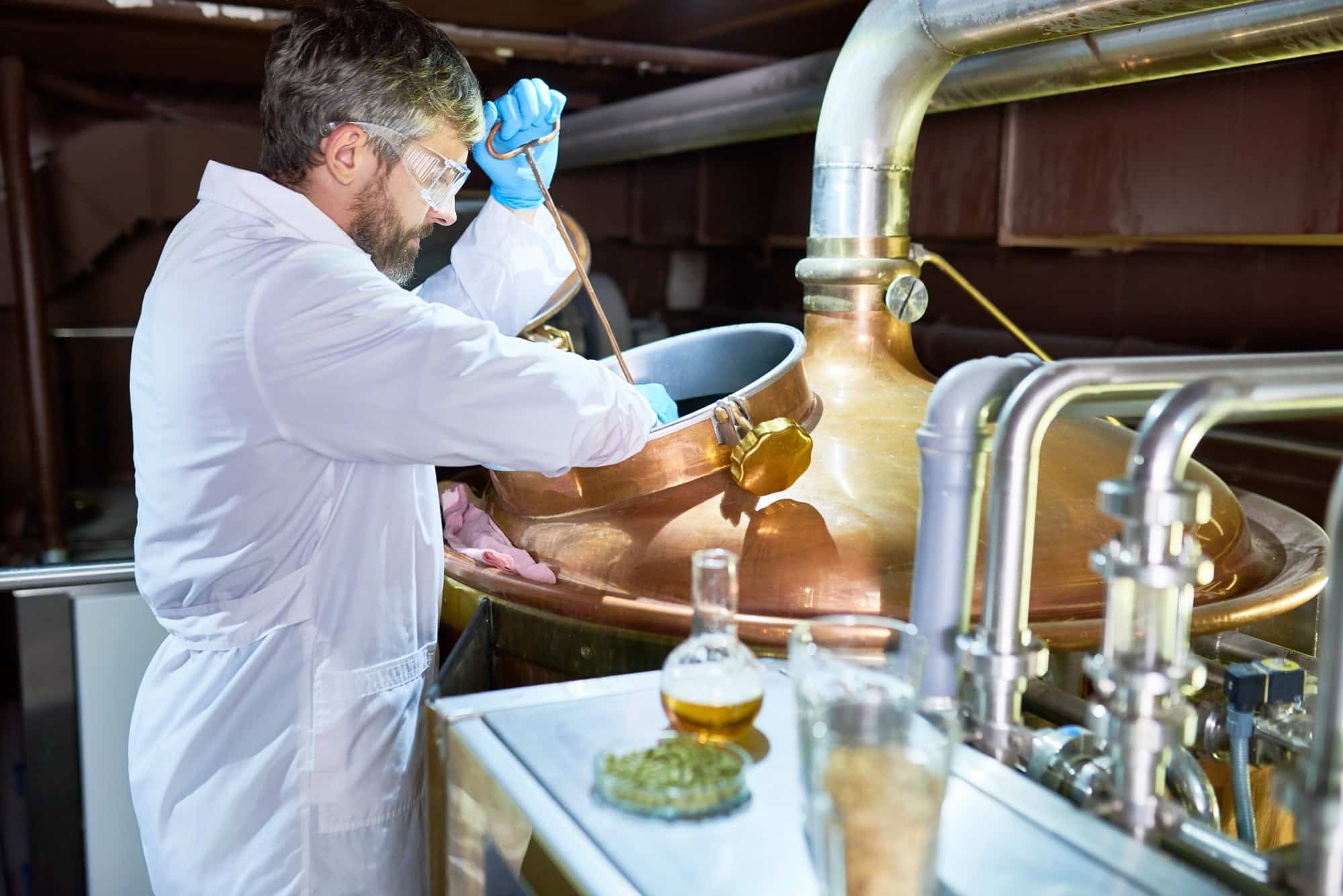In the past decade, innovating technologies have been rapidly transforming the food industry across the globe. Among these, precision fermentation has emerged as a game-changing process that is revolutionizing how we produce proteins for our food consumption. This technology holds immense potential for advancing the plant-based food industry, especially in progressive markets like the United Kingdom.
What is Precision Fermentation and How Does it Work?
Precision fermentation is a catchword for the latest technological advancements in the food industry. It is a process that utilizes microorganisms like bacteria, yeast, or fungi to produce proteins and other ingredients. These organisms are genetically engineered to act as mini factories, producing the desired proteins and nutrients. This process is done in controlled conditions, ensuring a precise and consistent outcome.
A voir aussi : What Are the Most Efficient Solar Panel Technologies Available for UK Homeowners?
In contrast to traditional methods of protein production, which involve raising and slaughtering animals or cultivating large areas of land for plant-based protein, precision fermentation can be conducted in a more controlled, efficient, and sustainable manner. It also reduces dependence on animal agriculture, a significant contributor to environmental degradation and climate change.
The Role of Precision Fermentation in Producing Plant-Based Protein
Plant-based foods have seen a surge in popularity in recent years, driven by consumers’ growing consciousness about health, environment, and animal welfare. However, one of the main challenges in plant-based food production is to replicate the taste and texture of animal-based products.
A lire également : How to Craft an Authentic Cornish Pasty: Techniques from the UK’s Master Chefs?
Precision fermentation provides a solution to this challenge. By producing proteins and other ingredients that mimic those found in animal-based foods, precision fermentation technology enables companies to produce plant-based foods that taste, feel, and even cook like their animal counterparts.
For instance, precision fermentation can produce casein and whey proteins—major components in dairy products—which can be used to manufacture plant-based dairy that tastes and feels like real dairy. Similarly, it can produce heme protein, the ingredient that gives meat its distinctive taste and texture. By incorporating these proteins into plant-based foods, companies can make plant-based meat that appeals to even the most die-hard meat lovers.
The Impact of Precision Fermentation on the UK’s Plant-Based Food Industry
The United Kingdom is a thriving market for plant-based foods. As per a report by The Vegan Society, the UK was the nation with the highest number of new vegan food products launched in 2020. Precision fermentation can play a vital role in further propelling this growth.
Not only will precision fermentation enable UK companies to produce plant-based foods that are closer to animal-based foods in taste and texture, but it can also make the production process more efficient and sustainable. This, in turn, can help companies to reduce their carbon footprint and meet the UK government’s target to achieve net zero greenhouse gas emissions by 2050.
Moreover, since precision fermentation can produce proteins and other ingredients in a controlled environment, it can significantly reduce the risk of foodborne illnesses, a major concern in the food industry. This can lead to safer and healthier food products, which can further increase consumer trust and acceptance of plant-based foods.
The Challenges and Opportunities in Adopting Precision Fermentation
While precision fermentation offers immense potential, the adoption of this technology in the UK’s plant-based food industry is not without challenges. One of the main hurdles is the high cost of production. However, as technology advances and economies of scale kick in, the cost is expected to come down significantly.
Another challenge is regulation. Since precision fermentation involves genetic engineering, it is subject to stringent regulation. The UK government and regulatory bodies need to provide clear and supportive regulations to encourage the adoption of this technology.
Despite these challenges, precision fermentation offers significant opportunities for the UK’s plant-based food industry. It provides a new way of producing proteins that is not only more efficient and sustainable but also aligns with the changing consumer preferences for healthier, plant-based foods.
As more companies adopt this technology and consumers become more aware of its benefits, precision fermentation could usher in a new era in the UK’s plant-based food industry, transforming not just how we produce food, but also how we perceive and consume it.
How Could Precision Fermentation Influence the Future of the Plant-Based Food Industry?
The potential of precision fermentation to revolutionize the plant-based food industry goes beyond the mere production of alternative proteins. Its implications for the future are profound, particularly in the context of the escalating global food crisis and the need for sustainable food systems.
The precision fermentation technology could help in creating a variety of alternative proteins and food ingredients that are animal-free. These proteins could be used to manufacture different types of plant-based foods, ranging from dairy alternatives to cultivated meat. This variety could make plant-based diets more appealing to consumers, encouraging more people to switch to plant-based foods and thereby reducing the demand for animal agriculture.
Moreover, precision fermentation allows for the production of proteins in a controlled environment. This means that food production can be decoupled from agriculture. Instead of relying on large-scale farming – which requires extensive land, water, and energy resources – we could produce food in labs using precision fermentation. This could significantly reduce the environmental impact of food production, making our food systems more sustainable.
Also, precision fermentation could potentially transform the food industry into a more resilient sector. Traditional fermentation methods are susceptible to external factors such as weather conditions and disease outbreaks. On the other hand, precision fermentation is conducted in a controlled environment, making it less prone to such vulnerabilities.
In the UK’s context, adopting precision fermentation in the plant-based food industry could help the country become a global leader in sustainable food production. It could also contribute to the country’s goal of achieving net zero greenhouse gas emissions by 2050.
Conclusion: Precision Fermentation – A Key Driver for the Future of the UK’s Plant-Based Food Industry
In conclusion, precision fermentation stands to be a significant game-changer for the UK’s plant-based food industry. Despite initial challenges with production costs and regulation, its potential to transform food production cannot be ignored. Through the production of alternative proteins and food ingredients, this technology could help make plant-based foods more palatable and diverse, encouraging wider acceptance and adoption.
Moreover, by enabling food production in a controlled environment, precision fermentation could make the food industry more resilient and sustainable. This aligns with the growing global need for sustainable food systems and the UK’s commitment to achieving net zero greenhouse gas emissions.
This technology could also potentially shape the perception of plant-based foods. As people become more aware of precision fermentation and its role in producing plant-based foods, they may start viewing these foods not as mere substitutes for animal-based products, but as superior alternatives.
Given the rapidly evolving consumer preferences towards healthier and more sustainable food options, the UK’s plant-based food industry stands to benefit immensely from adopting precision fermentation. By tapping into this technology, the industry could not only meet the current demand for plant-based foods but also shape the future of food production in the UK and beyond. Precision fermentation could indeed be the key to advancing the UK’s plant-based food industry and steering it towards a more sustainable and resilient future.












